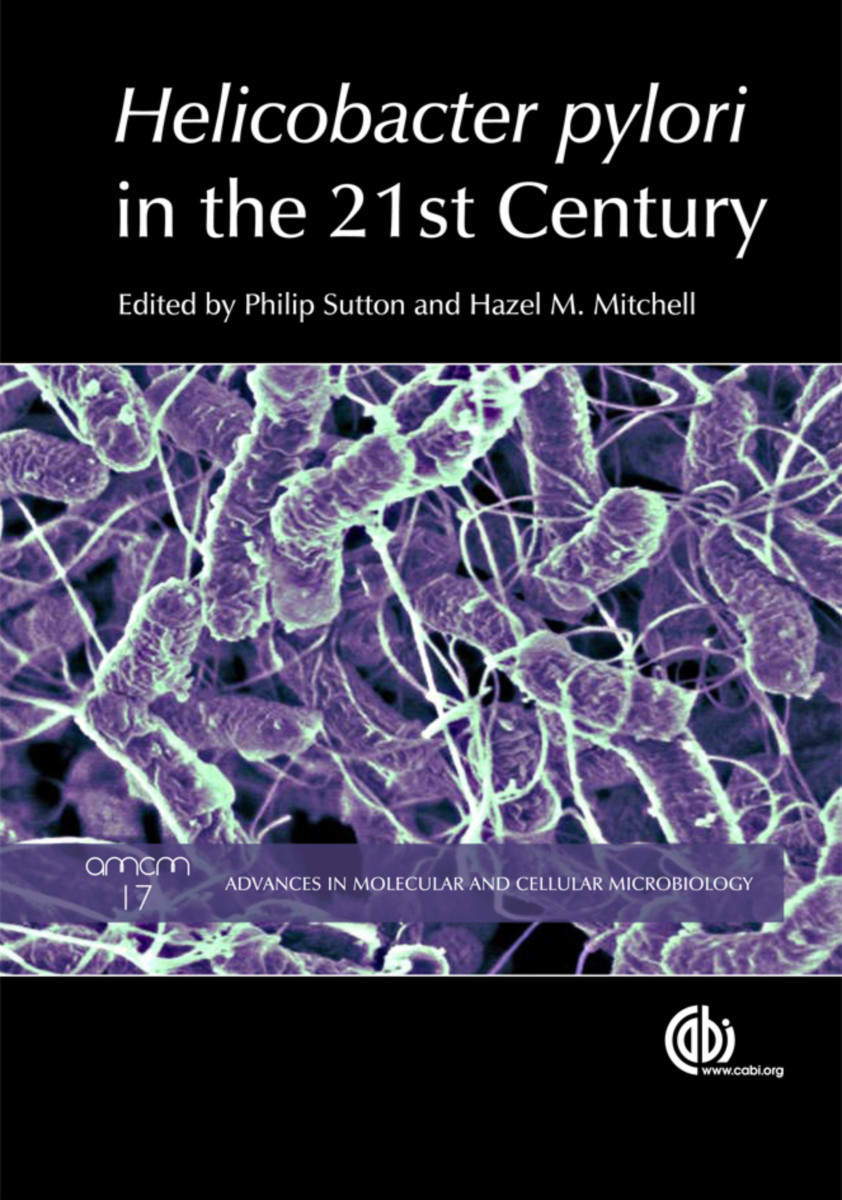- Publisher
CABI - Published
9th August 2010 - ISBN 9781845935948
- Language English
- Pages 320 pp.
- Size 6.75" x 9.75"
- Images tables & graphs
Helicobacter pylori is a globally significant pathogen that infects half of the population of the world. Its recognition enabled the development of new therapeutic and preventative strategies for serious health conditions such as gastric cancer, of which it is the major causative agent. Providing a broad overview of the current understanding of this pathogen and emphasizing its world health impacts, this book explores a range of topics including virulence factors, vaccine development and obstacles, epidemiology, antibiotic resistance and the role of Nod receptors, with a foreword by Barry Marshall, the Nobel Laureate and co-discoverer of H. pylori. It is an essential resource for researchers, students and medics in infectious and Helicobacter-associated diseases.
"The microbiology or cell biology student will find a first-rate evaluation of the data relevant to their field."
Gary R. Lichtenstein, Section Editor - , Gastroenterology
PATHOLOGIES AND TREATMENT
1) Epidemiology of Helicobacter pylori infection
2) Helicobacter pylori infection in Asia
3) Gastric adenocarcinoma
4) Antimicrobial resistance and approaches to treatment
5) Extragastric manifestations of Helicobacter pylori infection
HOST RESPONSE
6) Helicobacter pylori-induced acquired immunity and immunoregulation
7) Host genetic factors and susceptibility to Helicobacter pylori pathogenesi
8) Innate immune initiators and effectors in H. pylori infection
9) Helicobacter pylori vaccines
BACTERIAL DEFENCE
10) Lipopolysaccharides of Helicobacter pylori: importance in gastric adaptation and pathogenesis.
11) Virulence factors of Helicobacter pylori
12) Helicobacter pylori adhesion to the gastric surface
13) Helicobacteromics


